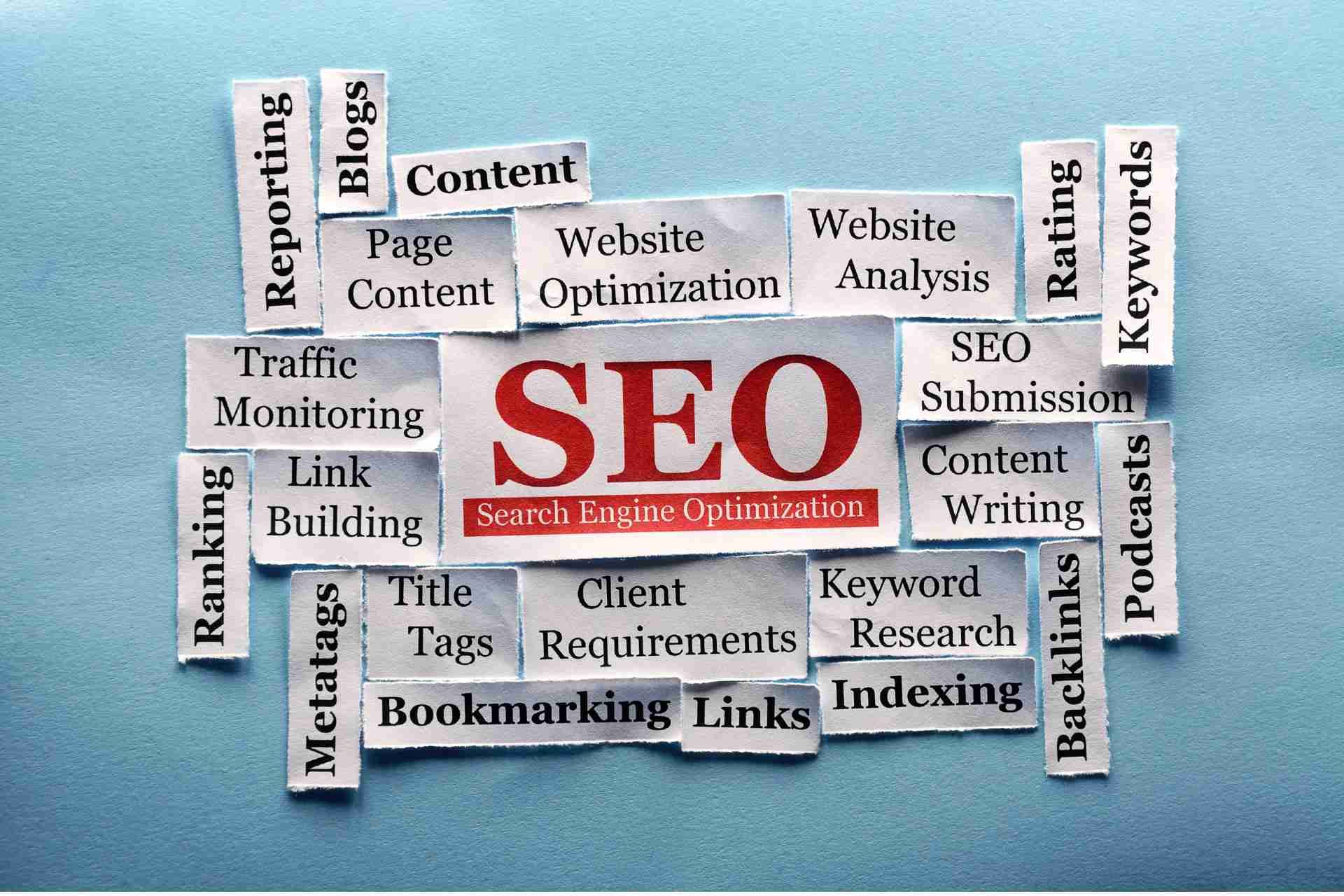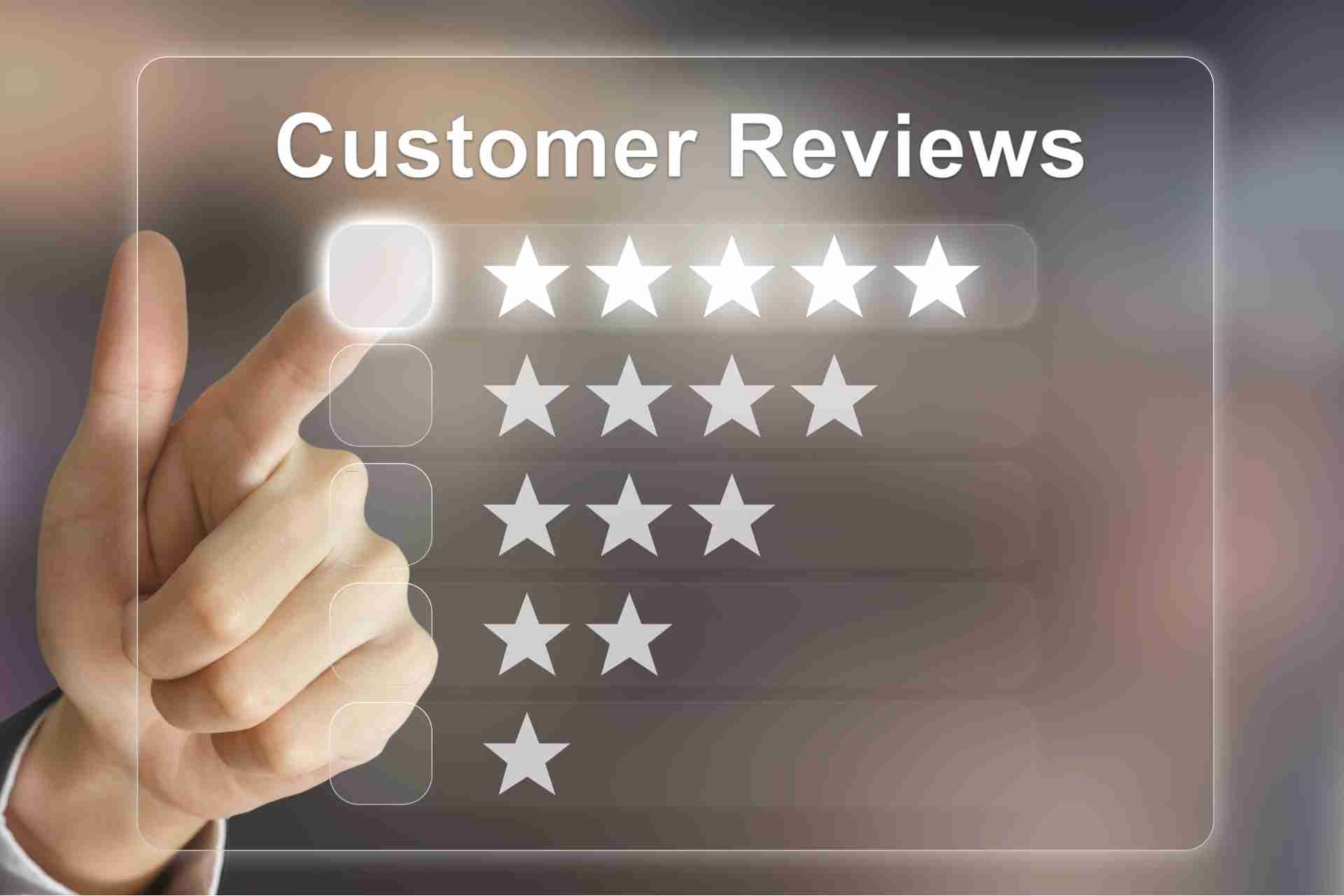Advanced E-commerce SEO to Boost Product Sales

In today's competitive online market, mastering advanced e-commerce SEO can significantly impact your product sales. By focusing on the right keywords and optimizing your product pages, you can attract the right audience. But it doesn't stop there—user experience and quality backlinks also play crucial roles. Understanding how these elements intertwine will set you apart from competitors. So, what's your next move to elevate your online store's visibility?
Understanding the Importance of Keywords in E-commerce SEO
Keywords are the backbone of effective e-commerce SEO, guiding potential customers to your products. When you understand how to leverage keywords, you can significantly increase your online visibility.
Start by researching relevant terms that your target audience uses when searching for products like yours. Think about your customers' pain points, desires, and queries.
Once you've identified these keywords, integrate them naturally into your product descriptions, titles, and meta tags. This helps search engines understand what your products are about.
Remember, using long-tail keywords can attract more specific traffic, leading to higher conversion rates.
Keep refining your keyword strategy based on customer feedback and search trends to stay ahead of the competition. It's all about connecting effectively with your audience.
Optimizing Product Pages for Higher Visibility
While crafting compelling product pages may seem daunting, it's crucial for enhancing your e-commerce visibility. Start with keyword-rich titles that clearly describe your products.
Use engaging, unique product descriptions that highlight features and benefits, making sure to include relevant keywords naturally. High-quality images are essential, so showcase your products from multiple angles and consider using videos for a better understanding.
Don't forget to optimize your URLs; they should be short and descriptive. Implement user-generated content, like reviews, to build trust and provide fresh content.
Lastly, ensure your product pages load quickly and are mobile-friendly. By focusing on these elements, you'll improve your search engine rankings and attract more potential customers.
Leveraging User Experience to Enhance SEO Performance
Enhancing user experience (UX) on your e-commerce site is essential for boosting your SEO performance and driving sales.
Start by ensuring your website is mobile-friendly, as a significant portion of shoppers browse on their phones. Simplify navigation to help users find products quickly, reducing bounce rates.
Fast-loading pages are crucial; optimize images and leverage caching to improve load times. Incorporate clear calls to action, guiding customers through their purchasing journey.
Use engaging content and high-quality images to create a visually appealing experience. Additionally, encourage customer reviews and ratings, as they not only enhance credibility but also contribute to SEO.
Building Quality Backlinks for E-commerce Success
To achieve e-commerce success, building quality backlinks is crucial for improving your site's authority and visibility in search engines.
Start by identifying reputable websites within your niche. Reach out for collaborations, guest posts, or product reviews; these strategies can earn you valuable backlinks.
Don't underestimate the power of local businesses or bloggers who might be interested in your products.
Also, create shareable content, like infographics or how-to guides, which can attract organic links.
Monitor your backlink profile regularly to ensure you're gaining quality links and disavow any harmful ones.
Remember, it's not just about quantity; focus on establishing relationships and providing value, so others naturally want to link to your site.
This approach will enhance your e-commerce SEO efforts significantly.
Utilizing Data Analytics to Refine SEO Strategies
As you leverage data analytics, your ability to refine SEO strategies can significantly improve.
Start by analyzing user behavior metrics, like bounce rates and time spent on product pages. These insights help you identify what captivates your audience and what doesn't.
Next, utilize keyword performance data to discover which terms drive traffic and conversions. Adjust your content accordingly to target high-performing keywords more effectively.
You can also track your competitors' SEO strategies and see what's working for them. Implement A/B testing for your product descriptions and meta tags to see which versions yield better results.
Conclusion
Incorporating advanced e-commerce SEO techniques can significantly boost your product sales. By focusing on keyword optimization, enhancing user experience, building quality backlinks, and leveraging data analytics, you'll set your online store up for success. Stay proactive in refining your strategies to adapt to changing trends and customer behaviors. With these tools at your disposal, you'll not only increase visibility but also drive conversions, making your e-commerce venture more profitable and competitive in the market.






